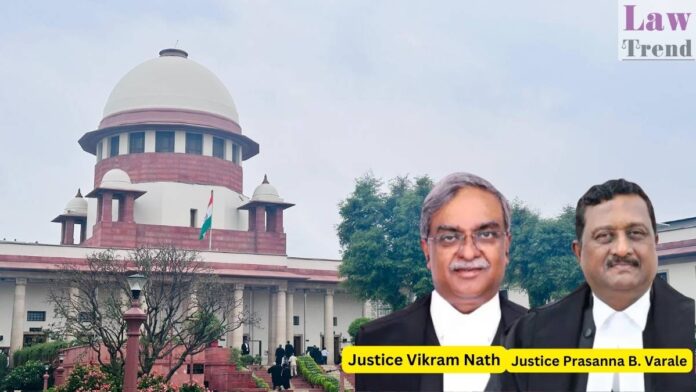The Supreme Court of India has unequivocally ruled that the authority to ban or restrict drugs rests solely with the Central Government under the Drugs and Cosmetics Act, 1940 (D&C Act). In a significant decision, the Court set aside actions by local authorities attempting to prohibit the sale of aromatic tincture of cardamom without requisite
To Read More Please Subscribe to VIP Membership for Unlimited Access to All the Articles, Download Available Copies of Judgments/Order, Acess to Central/State Bare Acts, Advertisement Free Content, Access to More than 4000 Legal Drafts( Readymade Editable Formats of Suits, Petitions, Writs, Legal Notices, Divorce Petitions, 138 Notices, Bail Applications etc.) in Hindi and English.




